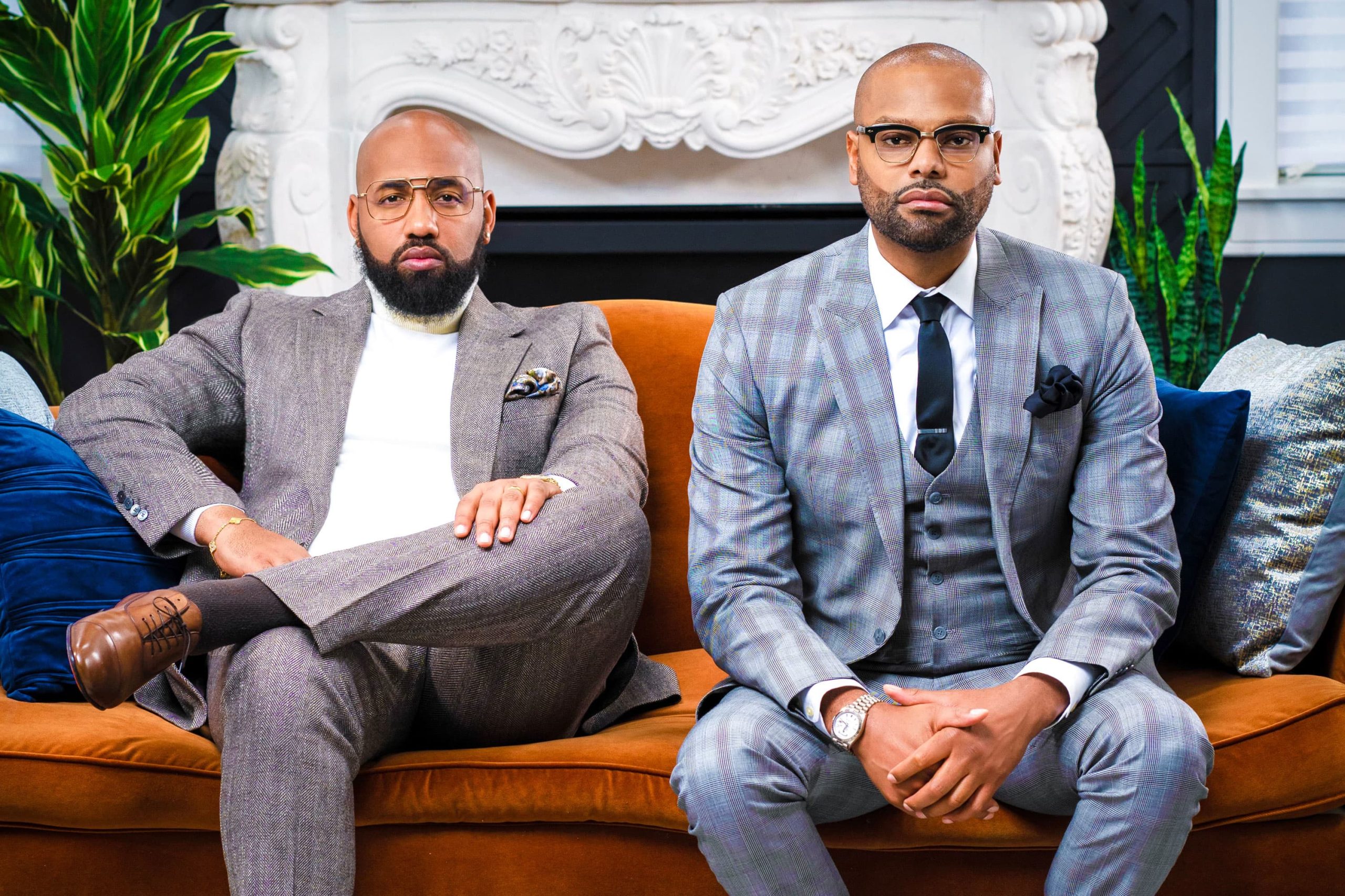Amazon's latest venture into the healthcare market through its acquisition of One Medical illustrates the tech giant's expanding influence beyond e-commerce. By offering discounted One Medical subscriptions to its Prime members, Amazon is not only diversifying its service portfolio but also attempting to reshape the healthcare delivery model.
The move to integrate One Medical, a primary care service, into Amazon's ecosystem follows the company's $3.9 billion acquisition earlier this year. This integration is a strategic step, considering the ongoing digital transformation in healthcare. One Medical's model, which combines virtual and in-person care, aligns well with the current trends and consumer expectations in healthcare services.
The discounted rates for Prime members significantly lower the barrier to entry for quality healthcare. At $9 per month or $99 per year, this offer stands as a compelling incentive for Prime members, potentially boosting Amazon's subscription numbers while simultaneously offering value in terms of healthcare access. Additionally, the option to add family members at reduced rates further broadens the appeal of this service.
However, this development raises questions about the implications for the healthcare industry. Amazon's entry could potentially disrupt traditional healthcare models, influencing how services are priced and delivered. Moreover, the integration of healthcare into a tech company's portfolio raises concerns around data privacy and the handling of sensitive health information.
Despite closing lower on the announcement day, Amazon shares have seen a significant increase this year, reflecting investor confidence in the company's diversification strategy.
Neil Lindsay's comment on the initiative underscores Amazon's goal of making healthcare more accessible and engaging, which could lead to better health outcomes. This move is a clear indication of Amazon's commitment to leveraging its vast resources and customer base to make a marked impact in the healthcare sector.






